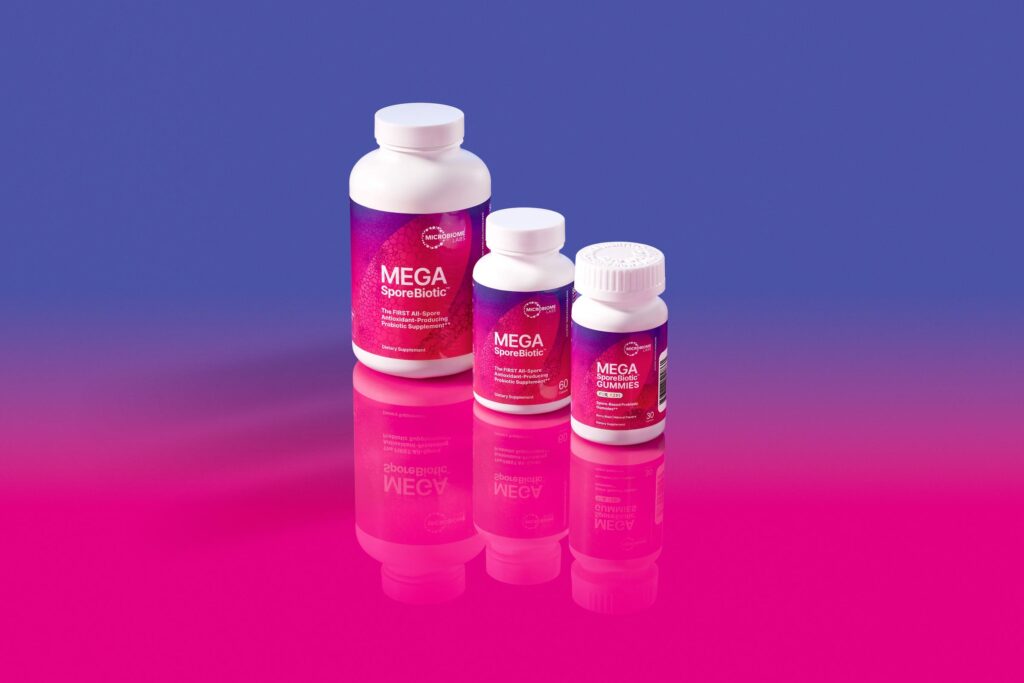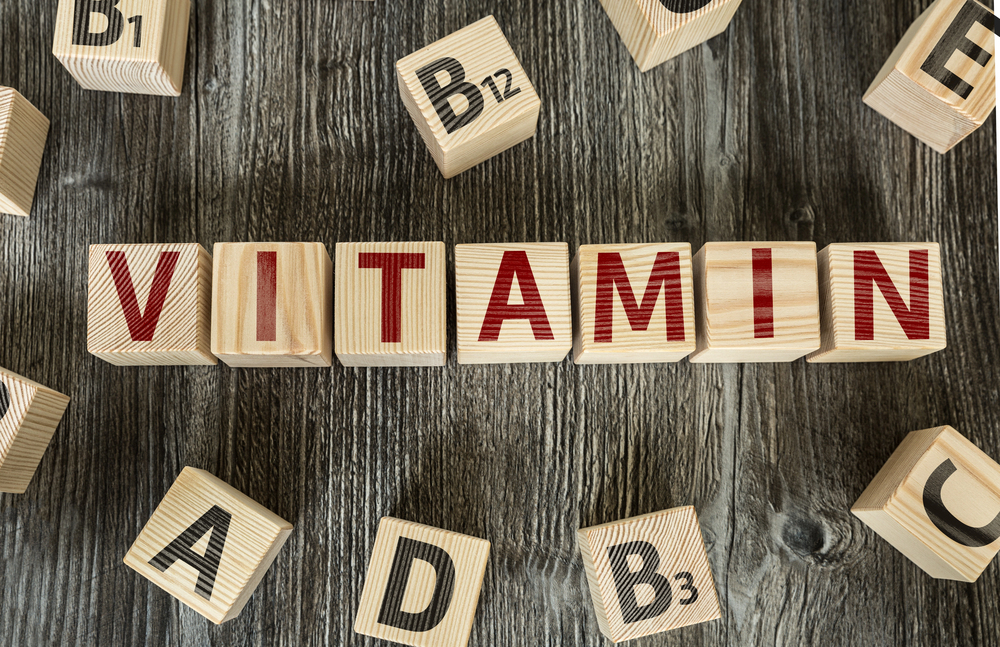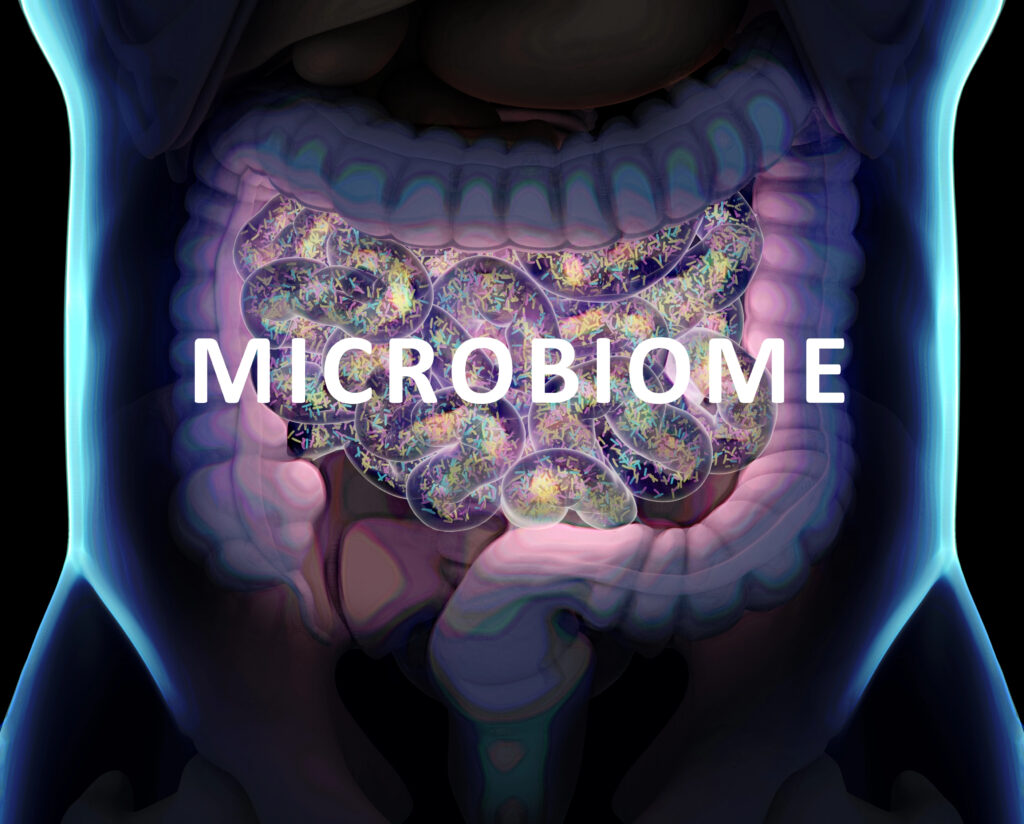The brain relates to all functions in the body, acting as our body’s “computer”. Brain signals are key to balance in the body and are critical to our thinking processes. To preserve brain function you must feed the brain the right nutrients, exercise, continue learning, and maintain social contact.
Our focus here is on the nutrients that keep the brain healthy. These nutrients can be ingested through food or supplements. In supplements, there are combination formulas available that combine two or more of these ingredients.
Key Nutrients for the Brain
1. Omega-3s fatty acids are essential, meaning the body cannot make them. They must be consumed in the diet or added via supplementation. Fatty fish like anchovies, sardines, mackerel, cod, and salmon are good dietary sources.
Omega-3s convert to EPA and DHA in the body. EPA has an anti-inflammatory effect and improves blood flow. This preserves memory and learning. DHA is a major component of brain structure, including the cell membranes and the myelin sheath surrounding each nerve. Adequate DHA improves learning, memory, and reaction to stress.
2. B Vitamins support the health of the nervous system and are crucial to alleviating stress. Vitamin B5 can reduce excess cortisol, which causes fogginess in the brain. Vitamin B12 is essential for stress management and memory. B3 and B6 assist in the conversion of tryptophan to serotonin, a calming neurotransmitter. B6, B12, and folic acid rid the body of homocysteine, an inflammatory compound that is implicated in Alzheimer’s and dementia. As a result, a B Complex has many benefits for brain health.
3. Magnesium is essential for mood, cognition, memory, sleep, relaxation, and overall emotional well-being. It is one of the most prevalent minerals in the body and is depleted in many Americans. This is due to poor diet, poor soil quality, the use of acid-blocking medications, and excessive stress.
4. Lion’s Mane Mushroom is increasingly being studied for its neuroprotective effects. It stimulates nerve growth factor, so it regenerates the nerves. Think of Lion’s Mane as long-term support for the brain. 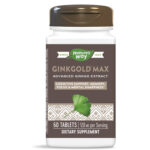
5. Gingko Biloba is perhaps the best-known herb for increasing mental acuity. This is because it increases blood flow to the small capillaries in the brain and acts as a protective antioxidant. Gingko has a blood thinning effect and should be used by those on blood-thinning medications.
6. Bacopa is an Ayurvedic herb that boosts memory. A study in the Journal of Complementary and Alternative Medicine showed that elderly patients improved brain function when taking 300 mg per day, particularly in the areas of verbal information processing and attention. It is often used to address ADD and ADHD symptoms as well.
7. Choline supports the production of phosphatidylcholine, a major constituent of the gray matter of the brain. It also promotes acetylcholine, a neurotransmitter that “runs” the brain. It restores phospholipid content in the brain and is important to focus and concentration.
8. Antioxidants counteract free radicals that impair brain function by building up in nerve cells as you age. Some antioxidants that have been found to be healthy for the brain include Vitamin E, NAC, Alpha Lipoic Acid, resveratrol, grape seed extract, and CoQ10. Antioxidants are also prevalent in—you guessed it—fruits and vegetables. Eating a variety of fruits and vegetables offers a variety of antioxidants.
9. Acetyl l-carnitine is an amino acid derivative that helps the body produce energy, improves blood flow to the brain, and functions as an antioxidant. It readily crosses the blood-brain barrier. Red meat is the best source of carnitine, a reason that I do not ascribe to the notion that one should avoid red meat completely. The quality and quantity of the red meat are what’s important.
10. Phosphatidylserine is a phospholipid that is present in every cell of the body. It is especially abundant in the brain. It is found in healthy cell membranes and is important to nerve transmission. It also enhances nerve growth factor, which supports nerve tissue and repair. More than 40 human studies suggest that PS supports just about all brain functions that can be measured. The FDA has granted it two qualified health claims, a rarity for supplements.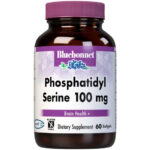
Avoiding Brain and Nervous System Toxins
In addition to feeding your brain the right nutrients, it is important to avoid substances that harm the brain.
From a dietary perspective, avoid excessive amounts of saturated fat and sugars. Excess saturated fat can cause toxins to be stored in the brain. Sugar causes inflammation, a key factor in many diseases involving the nervous system.
Metals like aluminum and mercury can accumulate in the body and cause damage to the brain. Since aluminum has no positive function in the body it is best to avoid it altogether. It can be found in canned food, baking powder, non-organic dairy products, cookware, single-serve creamers, salt packets, and antiperspirants.
Mercury is also a neurotoxin and should be avoided. The most common causes of exposure are dental amalgams and large ocean fish like bluefin tuna, swordfish, and orange roughy. If you are having a filling replaced, do so with non-mercury fillings. Chlorella and cilantro are excellent for chelating mercury and removing it from the body.
Food toxins like dyes and preservatives have been linked to cognitive decline. Chemicals like saccharin, aspartame, and olestra likely have no place in food. Avoid sugar-free and fat-free foods that contain these substances.
Prescription medications can also cause harm to the brain when taken over the long term. Some common medications that impair the brain are sleep medications, statins (cholesterol-lowering drugs), antidepressants, and antihistamines. Ask us about alternatives that you can discuss with your doctor.
Since our brains are bombarded daily in our tech-based world, it is important to fortify it with the right nutrients! Supplements offer a great way to increase brain function beyond what we can find in food. Stop by our store to learn more!

